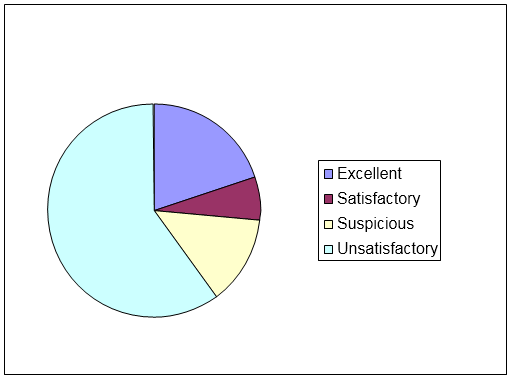Vol. 2, Issue 1 (2014)
Evaluation of bacteriological water quality, Bangalore- in view of public health.
Author(s): N. Latha and M. Ramachandra Mohan
Abstract: From a public health perspective, access to sufficient amounts of clean and safe drinking water is a crucial issue. The provision of good quality household drinking water is often regarded as an important means of improving health. The study was undertaken to analyze the bacterial water quality in Bangalore district, Karnataka. The bacteriological analysis was carried out using the multiple tube technique (MPN- Most Probable Number) for detection of faecal coliform and subsequently organisms present in the sample of water were identified following standard methods. The identified organisms include E. coli, Staphylococcus species, Citrobacter species,Enterobacter, Klebsiella pneumonia, Proteus species, Pseudomonas, Serratia species. 60% of the isolated organism being of the family Enterobacteriaceae. The total heterotrophic plate count (THPC) gave a range of 1.5*104 to 2.2*104 CFU/ml while the total coliform plate count (TCPC) gave a range of 2*103 to 8.3*103 CFU/ml. The presumptive faecal coliform ranged between 0-180 coliform per 100 ml. E. coli / fecal coliform were detected in 60 % of the water sample.

Fig. 1: A graph showing the classification of tested drinking water (in %)
Pages: 12-18 | 1908 Views 90 Downloads
download (5335KB)
How to cite this article:
N. Latha, M. Ramachandra Mohan. Evaluation of bacteriological water quality, Bangalore- in view of public health.. Int J Chem Stud 2014;2(1):12-18.






